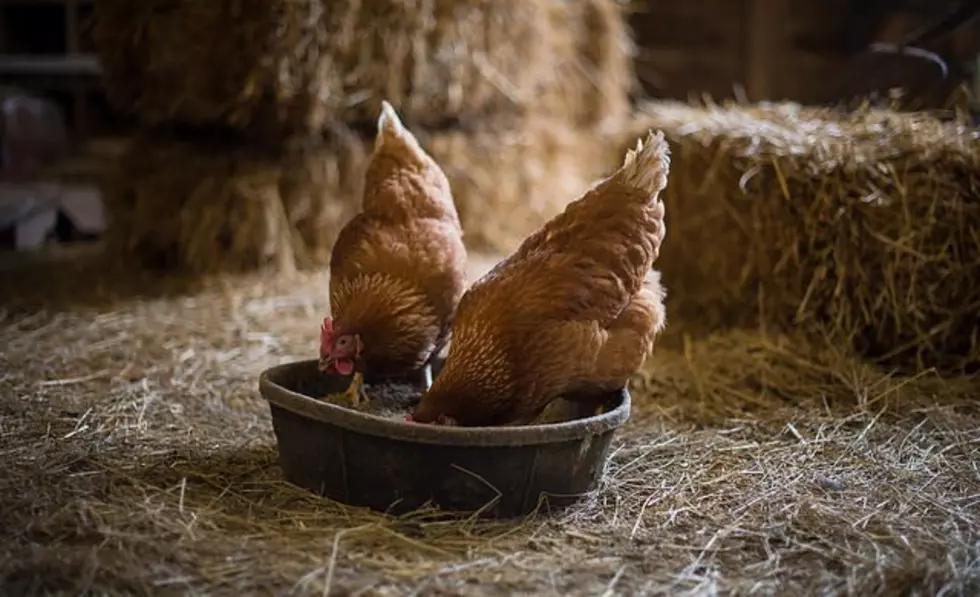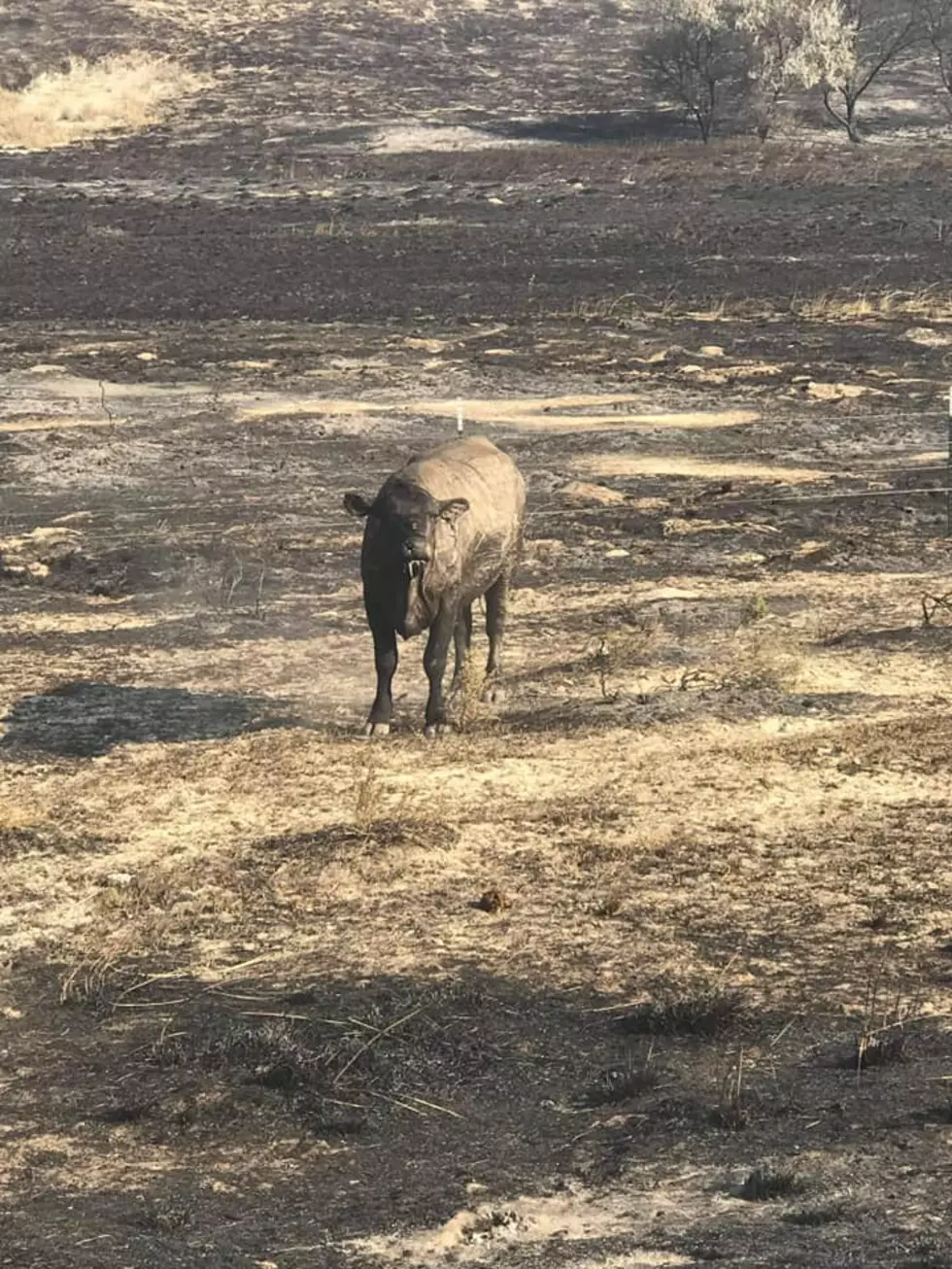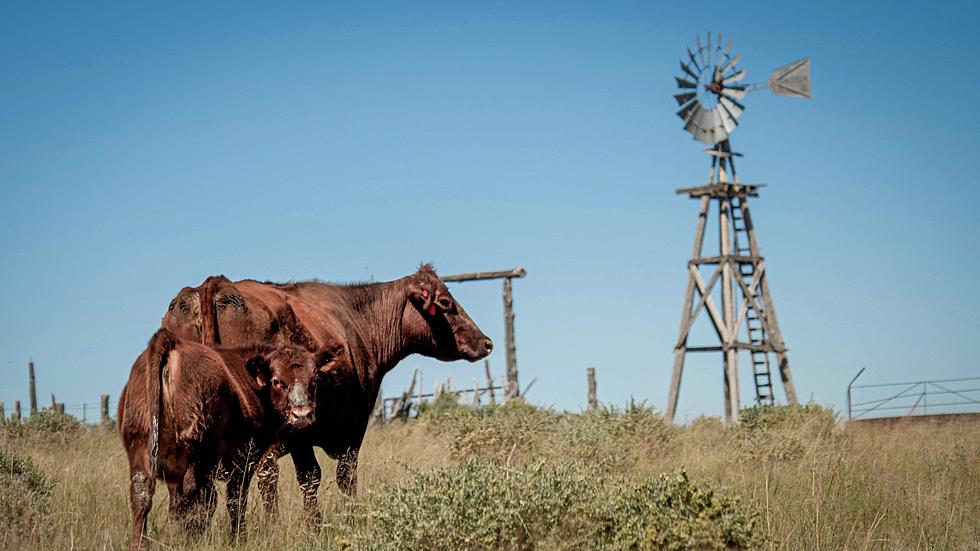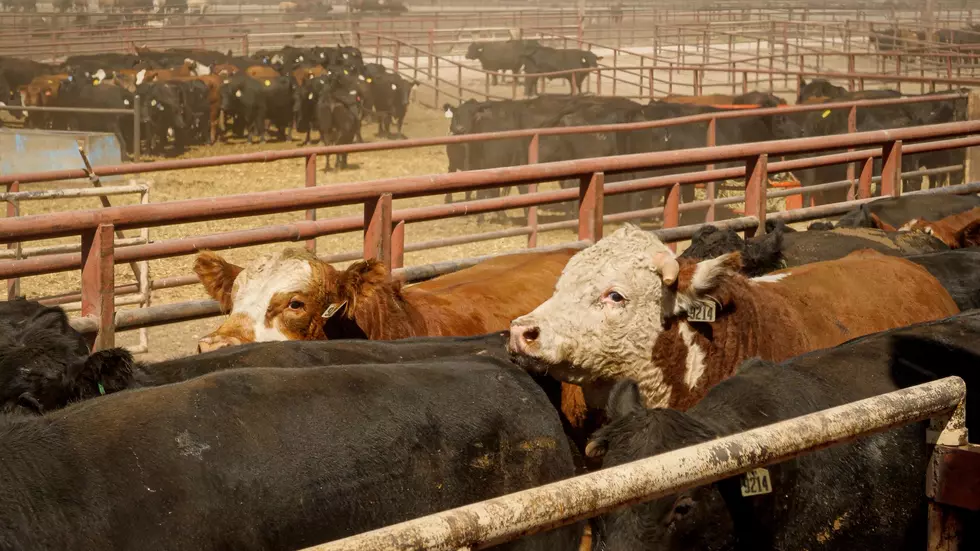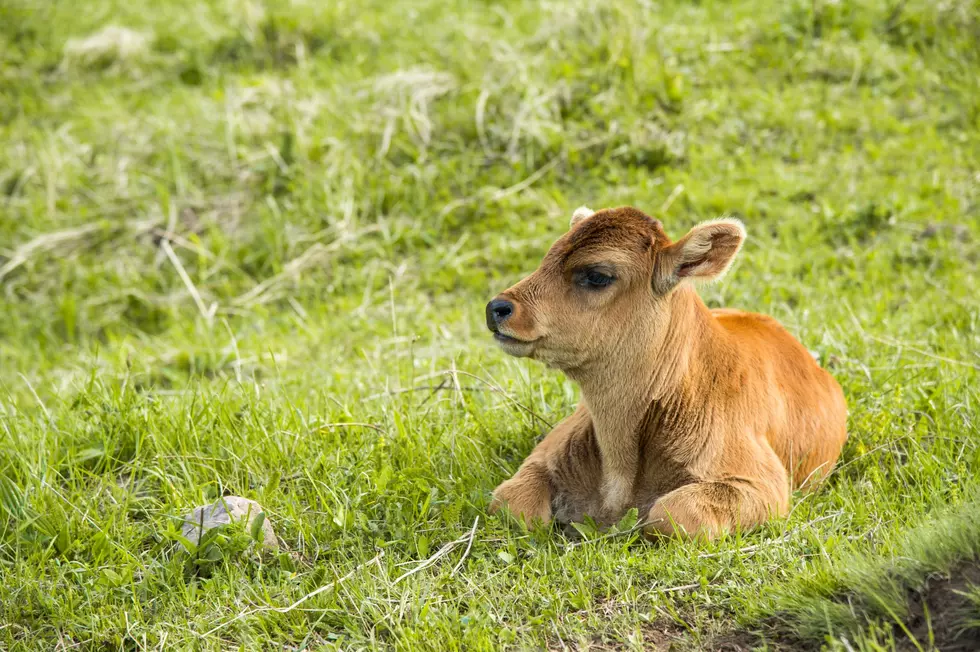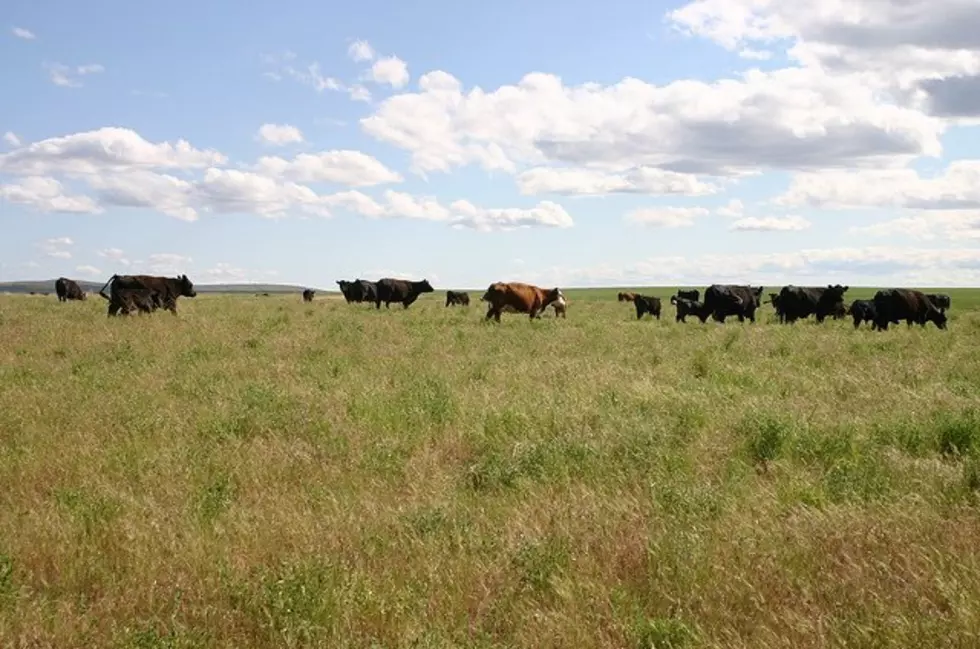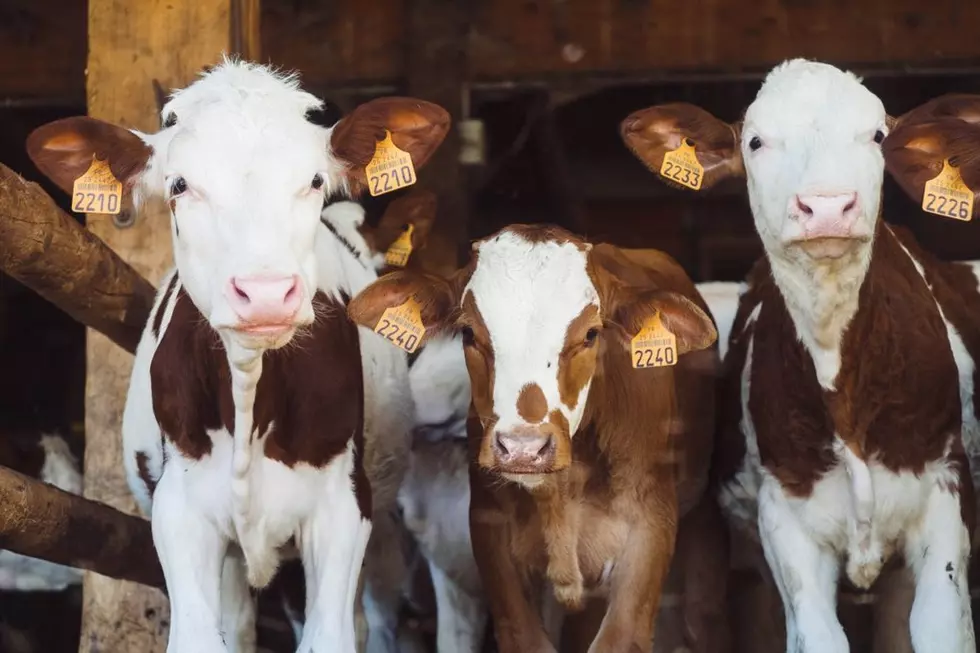
Mastering The Art Of Animal Husbandry
Every successful cattle operation puts the well-being of its livestock above all else. To get the best out of each animal, producers have to put their best into it. Dr. David Shirbroun is a professional services veterinarian for Boehringer-Ingelheim.
“With animal husbandry, it's the science of breeding and caring for farm animals, which, of course, is the basis behind everything that farmers and ranchers do. When cattle health is the priority, which happens with good animal husbandry, everything kind of falls into place, which is critical for the success of farmers and ranchers. Some of the current buzzwords right now in the cattle industry and all of ag livestock are animal welfare, sustainability, and consumer confidence. If animal husbandry is prioritized and done well, we're showing our commitment to the well-being of the animals. We are showing our commitment to the sustainability of farming and ranching or making good our commitment to the consumers that we as an industry are doing all we can for the animal in order to provide consumers a safe, nutritious product.”
So, what are some of the key components of a strong animal husbandry program?
“One of the first things we need to do is give these animals a stress-free environment. We want to protect them from extreme weather conditions, so try to protect them from extreme heat and extreme cold and try to keep them dry, out of the rain and snow as much as possible," Dr. Shirbroun noted. "Now another part is protecting them from predators. Cattle are prey animals, and we want to keep them safe. Another huge component of animal husbandry is providing them with a well-balanced and highly-nutritious diet, well-formulated, so it meets all their needs and then providing them with a clean water source as well. All these things combined, it comes down to keeping those cattle comfortable because comfortable cattle tend to not get sick as easily as cattle that are uncomfortable and stressed.”
Shirbroun says there are other ways producers can prioritize disease prevention.
"One of the first things a lot of people like to start with the calf and start with building health that way, but I kind of like to go even a step before that. And we have to make sure that that cow has the correct vaccinations and is treated and managed correctly so that calf that's born from her starts out healthy. And then, once that calf is born, producers are very good at making sure that colostrum is taken up by that calf in an adequate amount so that that calf gets those natural antibodies in that colostrum to help prevent disease. As those antibodies start to wane over the first few months of that calf's life, we need to make sure that we're getting vaccines into that calf to protect it going into the future.”
And he noted, there are also things producers can do to help their calves overcome disease.
“What needs to happen there is obviously when an animal is sick, those producers and those veterinarians react very quickly to treating those animals," Shirbroun continued. "One of the most important things that we can do is get a very fast-acting, long-acting macrolide into those animals that will get that animal feeling better faster and then also protect them for a good duration of time. As always, the recommendation is anytime a producer is having some issues with health concerns, whether it's preventative or treatment, always consult their local veterinarian.”
If you have a story idea for the PNW Ag Network, call (509) 547-9791, or e-mail glenn.vaagen@townsquaremedia.com
More From PNW Ag Network

